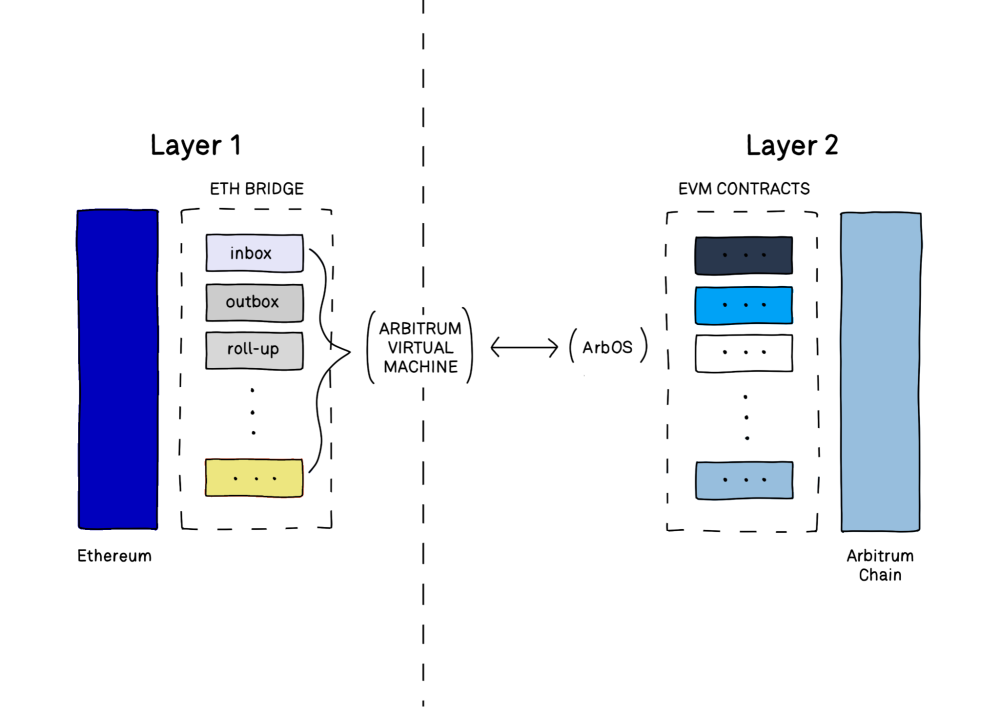|
|
Okay, so I need to figure out what "Stader" refers to. Let me start by recalling if I've heard the term before. Hmm, not that I can remember. Maybe it's a name of a company, a place, or a concept? Let me break it down.
First, checking if it's a person's name. Stader could be a surname. I know there's a German surname Stader, but I'm not sure. Maybe a famous person with that name? Not that I can recall off the top of my head.
Next, could it be a company or organization? Let me think. There's a company called Stader in some industry. Maybe tech, manufacturing, or services? I should verify that. If I can't remember, maybe it's a lesser-known entity.
Alternatively, it might be a term from a specific field. For example, in technology, there's a lot of jargon. Could it be related to blockchain or cryptocurrency? I've heard terms like Stader in that context. Wait, Stader might be related to staking or decentralized finance (DeFi). Let me think. There's a platform called Stader where you can stake tokens to get rewards, possibly in the Solana ecosystem. Yes, that rings a bell. Stader Labs provides staking services for Solana tokens, allowing users to earn interest by locking their assets.
But I should make sure. Let me recall. Solana has a proof-of-stake mechanism, and Stader is a staking provider. They might offer liquidity pools or something similar. Also, Stader might have a native token, maybe called sLND or something like that. Users stake their SOL tokens with Stader and get sLND as a reward, which can be used for various purposes in the ecosystem.
Wait, is there a risk involved with staking on Stader? Probably, like any staking service, there's a risk of loss if the platform fails or if the network has issues. Also, the rewards depend on the network's performance and the platform's reliability.
Another angle: could Stader be related to a different technology or concept? Maybe a software tool, a research project, or a framework? Not that I'm aware of. Let me check if there's a project named Stader in the crypto space. Yes, Stader Labs is a well-known project in the DeFi and blockchain communities, especially on Solana.
So, putting it all together, Stader is a staking platform that allows users to stake their Solana (SOL) tokens to earn rewards in the form of sLND (Stader's native token). It's part of the Solana ecosystem's efforts to transition to a proof-of-stake consensus mechanism. Users deposit SOL into a liquidity pool provided by Stader, and in return, they receive sLND, which can be used for various purposes, such as voting on governance proposals or accessing other DeFi products.
I should also mention that Stader offers features like multi-chain staking, allowing users to stake tokens from different blockchains, but primarily it's associated with Solana. Additionally, the platform emphasizes security and decentralization, though users should be cautious about the risks involved with staking, as there's no insurance like with some traditional banks.
Wait, is there a difference between Stader and other staking platforms like Lido? Yes, Lido is more associated with Ethereum, while Stader is focused on Solana. Each platform is tailored to its respective blockchain's requirements.
In summary, Stader is a key player in the Solana DeFi space, providing staking services that enable users to earn rewards by participating in the network's consensus mechanism. It's important to understand the specifics of how it works, the risks involved, and the ecosystem it operates within.
Stader is a prominent staking platform primarily associated with the Solana blockchain ecosystem. Here's a detailed overview:
Key Features:
Staking Service:
Allows users to stake Solana (SOL) tokens to earn rewards in the form of sLND (Stader's native token).
sLND can be used for governance voting, accessing DeFi products, or converting back to SOL.
Ecosystem Integration:

Part of Solana's transition to a proof-of-stake (PoS) consensus mechanism, enhancing network efficiency and security.
Offers liquidity pools where users deposit SOL, earning rewards proportional to their stake.
Multi-Chain Support:
While focused on Solana, Stader also supports staking on other blockchains, though Solana is its primary focus.
Security and Risks:
Emphasizes decentralization and security, but staking carries risks such as loss of capital if the platform or network faces issues.
No insurance compared to traditional banking, making users responsible for their stakes.
Comparison with Other Platforms:
Lido: Primarily associated with Ethereum, whereas Stader is tailored for Solana.
Functionality: Both enable staking, but Stader integrates deeply with Solana's ecosystem, offering unique features like sLND utility.
Considerations:
Rewards: Vary based on network activity and platform performance.
Tokenomics: sLND's value is tied to Solana's health and demand for its services.
User Education: Essential to understand PoS mechanics and platform-specific risks.
Conclusion:
Stader is a critical component of Solana's DeFi landscape, enabling participation in its PoS system through staking. While it offers opportunities for yield, users must weigh potential rewards against inherent risks.
|
|